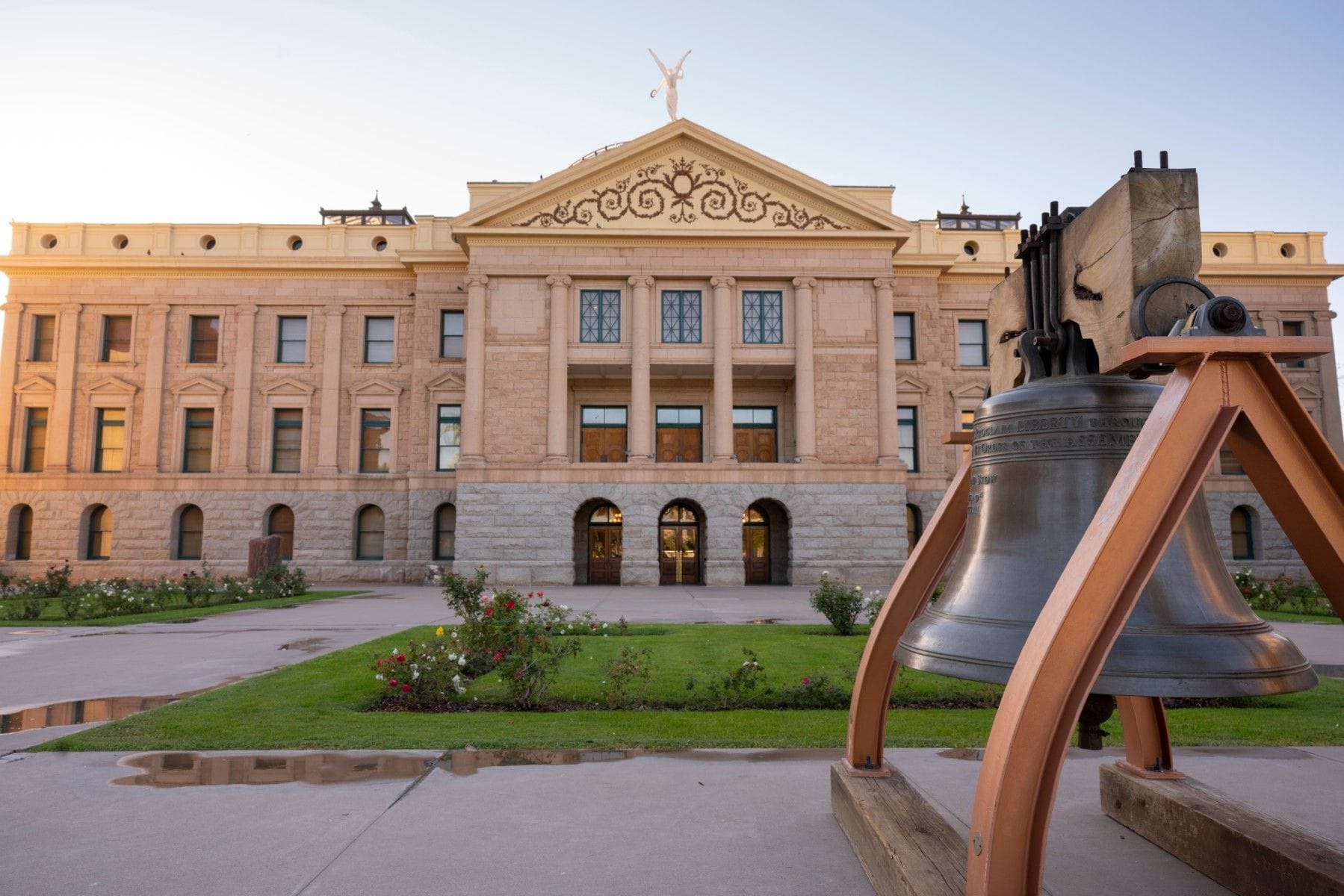Expert Witness Compensation Rules in Arizona
Arizona governs expert witness compensation through rules ensuring fairness and transparency, focusing on reasonable fees, disclosure, and ethical standards.
Updated on
In this article
What Are the Rules Governing Expert Witness Compensation in Arizona?
In Arizona, expert witness compensation is a critical aspect of legal proceedings, governed by a combination of statutory provisions, ethical guidelines, and case law. These rules ensure that expert witnesses are fairly compensated for their services while maintaining the integrity of the judicial process. Attorneys and expert witnesses must navigate these rules carefully to comply with legal standards and avoid potential pitfalls.
Fee Provisions in Arizona Rules of Civil Procedure
The Arizona Rules of Civil Procedure) provide the primary framework for expert witness compensation. Rule 26(b)(4)(C) of the Arizona Rules of Civil Procedure outlines the general provisions related to expert fees. According to this rule, unless there are stipulations or specific court orders, the party seeking discovery from an expert witness must pay a reasonable fee for the time spent responding to discovery. This rule aims to balance the need for expert testimony with fair compensation, recognizing the expertise and time commitment required from witnesses.
- Reasonableness of Fees: The determination of what constitutes a "reasonable" fee can vary. Factors include the expert's level of expertise, the complexity of the case, and the customary fees for similar services in the jurisdiction. Courts often assess these factors when disputes arise regarding compensation.
- Depositions and Trial Appearances: Fees for depositions and trial appearances are generally higher than those for preparing reports or responding to written discovery. This reflects the additional time and preparation required for in-person testimony.
Arizona also stands out for its FASTAR (Fast Trial and Alternative Resolution) program, which was piloted in Pima County. In these expedited civil trials, the court imposed a cap of $500 per hour for expert witness compensation. While this cap does not apply statewide or to all cases, it reflects Arizona’s willingness to experiment with cost controls for lower-value litigation. The cap aims to make expert services more accessible and to reduce overall litigation costs in cases under $50,000.
Disclosure Requirements for Expert Witness Compensation in Arizona
Transparency in expert witness compensation is essential to prevent conflicts of interest and maintain the credibility of testimony. Arizona's disclosure requirements mandate that parties disclose compensation arrangements to the opposing side as part of the expert witness disclosure.
- Rule 26.1(a)(6): This rule requires parties to disclose the terms of compensation for expert witnesses as a part of pre-trial discovery. This disclosure must include any agreements on fees, the basis for the fees, and any other relevant financial arrangements.
- Stipulated Agreements: In some cases, parties may enter into stipulated agreements regarding expert fees. These agreements, if approved by the court, can streamline the process and minimize disputes over compensation.
Ethics Opinions and Guidelines on Expert Witness Fees in Arizona
The ethical considerations surrounding expert witness fees in Arizona are guided by opinions and guidelines from professional legal associations. These guidelines emphasize fairness, transparency, and the prohibition of contingency fees for experts.
- Arizona State Bar Ethics Opinion: The Arizona State Bar has issued opinions cautioning against contingent fee arrangements for expert witnesses. Such arrangements could compromise the expert's objectivity and are generally considered unethical.
- American Bar Association (ABA) Guidelines: While not specific to Arizona, the ABA's guidelines on expert witness fees provide relevant insights. The ABA advises that experts should be compensated based on time and effort, not on the outcome of the case.
Practical Tips for Structuring Expert Witness Fee Agreements in Arizona
When structuring expert witness fee agreements in Arizona, it is crucial to adhere to legal and ethical standards while ensuring clarity and fairness for all parties involved. Here are some practical tips to consider:
- Clear and Comprehensive Agreements: Draft detailed agreements that clearly outline the scope of services, hourly rates, and payment terms. This helps prevent misunderstandings and disputes over compensation.
- Consideration of Expertise and Case Complexity: The fee structure should reflect the expert's level of expertise and the complexity of the case. Higher rates may be justified for more specialized knowledge or complex legal matters.
- Inclusion of All Potential Costs: Ensure that the agreement covers all potential expenses, including travel, materials, and administrative costs. This prevents unexpected financial surprises during the legal process.
- Regular Invoicing and Payment Schedules: Establish a regular invoicing and payment schedule to maintain cash flow and manage financial expectations. This can also help in monitoring the time and resources spent by the expert.
- Avoidance of Contingency Arrangements: As emphasized by ethical guidelines, avoid contingency fee arrangements that tie compensation to the case's outcome. This maintains the expert's objectivity and integrity.
- Court Approval for Stipulated Agreements: If parties agree on specific fee arrangements, seek court approval to ensure the agreement complies with legal standards and reduces the risk of future disputes.
By following these tips, attorneys and expert witnesses can create fee agreements that are not only compliant with Arizona's legal framework but also fair and transparent, promoting a smooth legal process.


